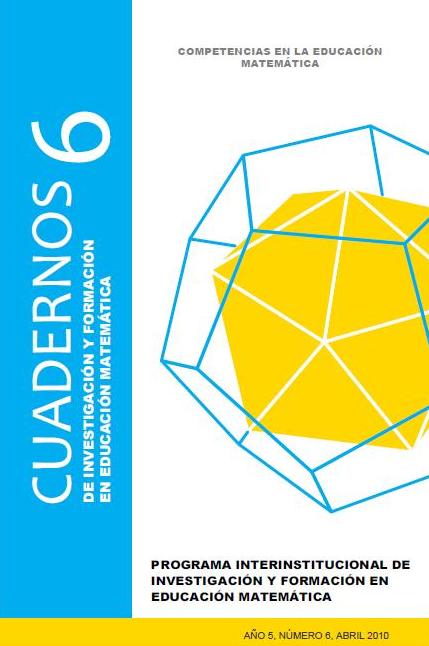Abstract
Traditionally, problem solving has been used as an activity after the development of mathematical concepts, where the mechanical application of those concepts is the ultimate goal. However, a more modern approach proposes problem solving as a methodological strategy in the teaching and learning of mathematics. This approach aims to give teachers and students other experiences that allow them to build, revise, and extend their conceptual systems and experiences. We present in this article a brief description of the theoretical contributions of Lesh (Model- eliciting activities), the Japanese (Open-Ended problems), and the methodology used in a Seminar (a final requisite to complete a degree in Mathematics Education) conducted in 2007 at the School of Mathematics of the Universidad Nacional in Costa Rica, in order to draw those elements that should guide the construction and implementation of situations for problem solving as a methodological strategy in mathematics teacher education.


